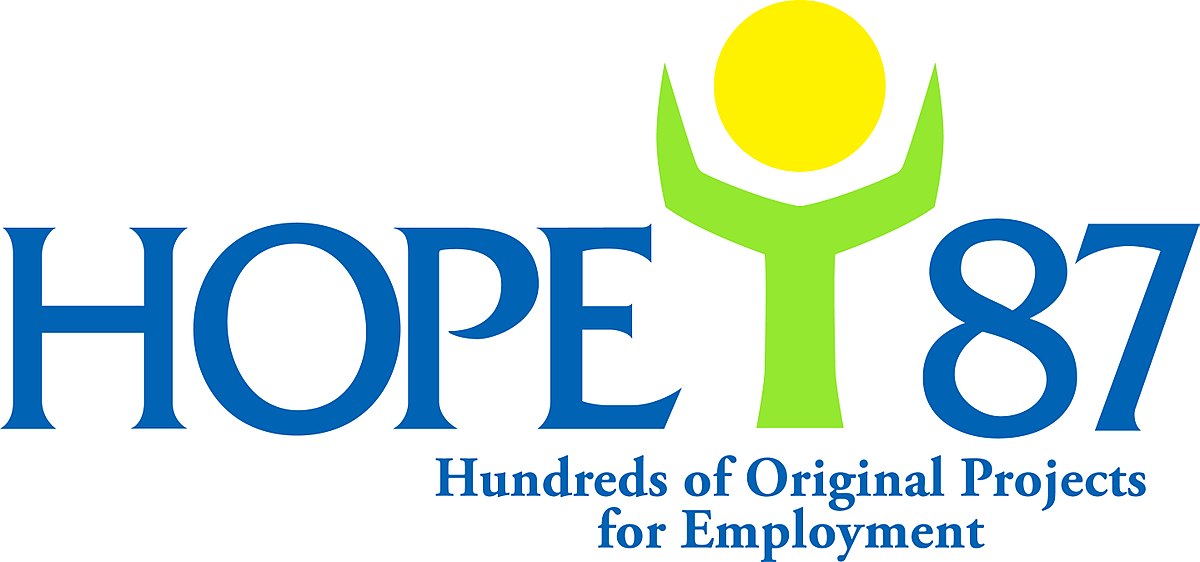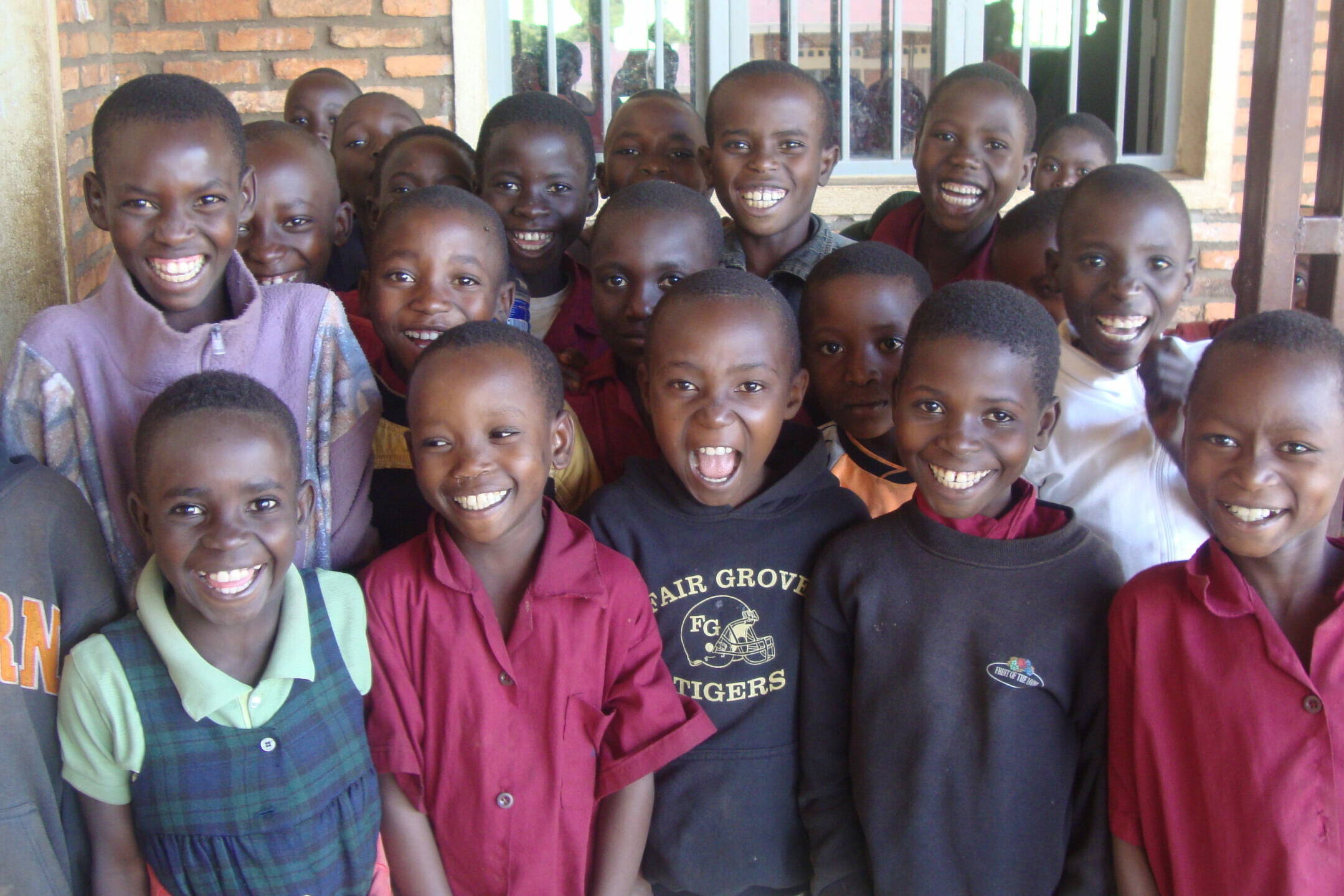Assisting the Kivoga community to participate in the education of its youth and increase household income
All phase I activities were completed in December 2012, resulting in a primary school with 8 classes equipped with school furniture. Moreover, a directorate, a store and a large refectory with a kitchen equipped with tables, chairs and big stoves were set up in the school. The kitchen is connected to the water network, and a latrine block for girls and another one for boys was provided. As the students were able to benefit from the advantages achieved in the last school year, meaning classes with only 40 students per class and two children per desk, the school year 2012-2013 started without any major concerns. Furthermore, all students received schoolbooks and teaching materials were distributed to teachers. A meal is also provided to the children and teachers every day. In January 2012, the school, known as “Ecole Primaire de Gitaramuka”, was opened for the children from the Kivoga primary school. This was made possible with the assistance of HOPE’87 and its partners, i.e. the UNESCO Foundation – Bildung für Kinder in Not, RTL Foundation – Wir helfen Kindern, and the Foundation Vision for Children.
The Gitaramuka Primary School is now autonomous, having its own headmaster and teachers, and no longer depends on the Kivoga Primary School. An inauguration ceremony of phase I activities was carried out in the first weeks of the new school year. The official ceremony was held on September 25th 2012 in the presence of a delegation of the RTL Foundation, the Burundian Minister of Education as well as partners and various authorities both from Rutana and the national level. Embedded in all these activities was the feeding programme, where children from different schools of Kivoga, including primary school and secondary school, came for breakfast and lunch.
Another component of the project comprised agro-pastoralist activities. Since the beginning of the project, HOPE’87 promoted awareness raising and information campaigns. Beneficiaries established small pastures to feed cows and animals intended for distribution to the project. Agricultural groups had been formed and they are meeting regularly in order to share information and exchange ideas. These groupings were chosen while taking into account the aspects of gender, youth, single mothers, widows, vulnerable and returnees.
By now, the demonstration fields are in place. Moreover, the pigsty and stable were finished using local material available to the surrounding families (according to FIDA standards). The Post-Conflict Program for Rural Development (PPCDR) of the European Union provided 750 trees that were planted on the site. Fruit trees were also provided and their harvest now serves as food for the students of Gitaramuka Primary School. Training of youth groups, the implementation of production fields of cassava, pineapple, bananas and vegetables, as well as gardening activities were carried out. Training on the new technical agricultural approach and entrepreneurship is benefiting 42 young people from different areas of Kivoga. The DPAE (Provincial Agriculture and Livestock Directorate) played an important role in the training programme and shared their valuable experience, expertise, cost-effectiveness and sustainability. The fact that DPAE is a local government agency leads to a sense of ownership for the authorities and local population. Various institutions, both governmental as well as UN agencies like UNICEF and FAO, appreciate this concept of combining education and food security.
Project Background:
Burundi is a country in Central Africa and currently a full member of the East Africa Community which includes Burundi, Rwanda, Tanzania, Uganda and Kenya. Its young population is expanding rapidly. With a 3.46% annual population growth rate, Burundi has the fifth fastest growing population in the World. While Burundi is already facing incredible pressure on arable land resources, surges of Burundi’s young population threaten to aggravate existing conflicts over resources and the still existing lack of a generalised reconciliation. Displaced and threatened by violence during the war, young people were deprived of vital opportunities for education and employment. Many lack literacy and numeracy skills. Additionally, due to the land pressure, many young people cannot establish agricultural livelihoods or independent households of their own. Instead, young individuals and families are forced to live with their parents and older relatives and perform labour or farm work for other people to make ends meet.
HOPE’87 is providing assistance to Burundi. Particular attention is being given to vulnerable parts of society such as children in order to improve their conditions at school. Focus is also put on young people who dropped out of school by providing access to vocational training. The overall goal is to support the Kivoga community in contributing to improved prospects for young people. Two specific objectives aim at the strengthening of the socio-economic capacity of families in agro-livestock and increasing school achievement in Kivoga.
Project Type
Development Project, Education
Project Duration
01/08/2008 to 30/06/2014
Status
Completed
Country
Burundi
Region
Kivoga Village, Rutana Province
Donor(s)
Foundation UNESCO - Education for Children in Need, RTL Foundation, Foundation “Visions for Children”, HOPE’87

